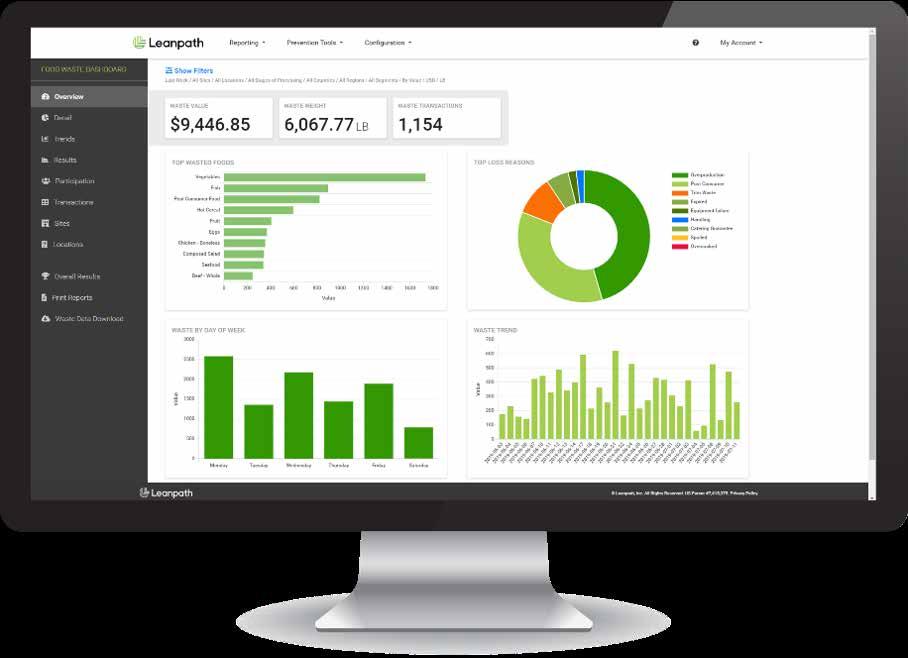
2 minute read
Market maker in sustainability
Alexander Klaver, Director of Service Operations, and Marloes van der Have, Manager Corporate Social Responsibility, on how Sodexo is making progress on corporate sustainability.
Marloes: ‘What does Corporate Social Responsibility (CSR) mean to Sodexo?’
Alexander: ‘From the founding of Sodexo in 1966, CSR has been an inseparable part of Sodexo’s mission: to create a better everyday for everyone in order to build a better life for all. For me, every new development at Sodexo starts with the question “to what extent does this contribute to sustainability?”. If it doesn’t contribute to a better life, we won’t do it. We have a clear ambition: to be market maker in corporate sustainability. And that involves more than being the one in the lead. We want to be seen as a role model. By establishing sustainable partnerships in the chain with suppliers and forging new paths with start-ups, for example.’
Alexander: ‘What are you most proud of regarding what we have achieved so far in terms of CSR?’

Marloes: ‘This Better Tomorrow Update is full of milestones. It shows how sustainability and social impact are anchored within our company. Consider our procurement process where we only work with suppliers who sign our Code of Conduct with our environmental and social objectives. Or look at our food services, where preventing food waste is top priority and where we don’t unnecessarily waste raw materials. The Update also provides insights into new developments in collaboration with specialised consulting firms, such as making sustainability impact measurable for clients.’
‘Corporate sustainability is never finished. There is still a lot to do. It’s about continuing to improve and make choices every day. The Better Tomorrow Plan, Sodexo’s roadmap for sustainable growth, helps us focus. We link concrete and specific goals to topics such as CO2 reduction, food waste and socially responsible business practices. That way we can examine where we are today, where we want to go and how we can get there.’
‘In 2022, we also announced that we want to achieve Net Zero by 2040. Globally, we have now reduced 27% of our carbon footprint (Scope 1, 2 and 3). The Net Zero ambition is a concrete translation of the fact that sustainability is currently the most important topic. If you know you
Read more can make positive impact on a large scale, you should do it. And in such a way that consumers get the same service and quality, only more sustainably. That is our responsibility.’
Marloes: ‘What do you see as the main challenge for Sodexo in terms of CSR?’

Alexander: ‘We can indeed be proud of the results we are achieving. We are well on our way to reducing our CO2 emissions. We achieved this mainly through efficient energy management at client sites and making our food offering more sustainable. We are also seeing the positive effects of WasteWatch, with which we have wasted 22% less food since the start of the programme.
Of course, there are also many challenges, for example in terms of measurability and reporting due to the imminent CSRD legislation. But the biggest challenge as far as I am concerned lies with people, since ultimately it’s about behavioural change. How can we motivate people to make sustainable choices? Participate in the protein transition? Waste less food? Save energy? For this, we need to partner with clients and suppliers. Incidentally, this is only possible if our processes and practices are right. We cannot talk to consumers about food waste if we do not also do everything we can to prevent waste from the source along the way. And we cannot talk about social impact without getting the gender balance right in our own business. That is the basis and our licence to operate, so to speak.’
57% FEMALE MANAGERS
22% FOOD WASTE REDUCTION WITH WASTEWATCH
80%










